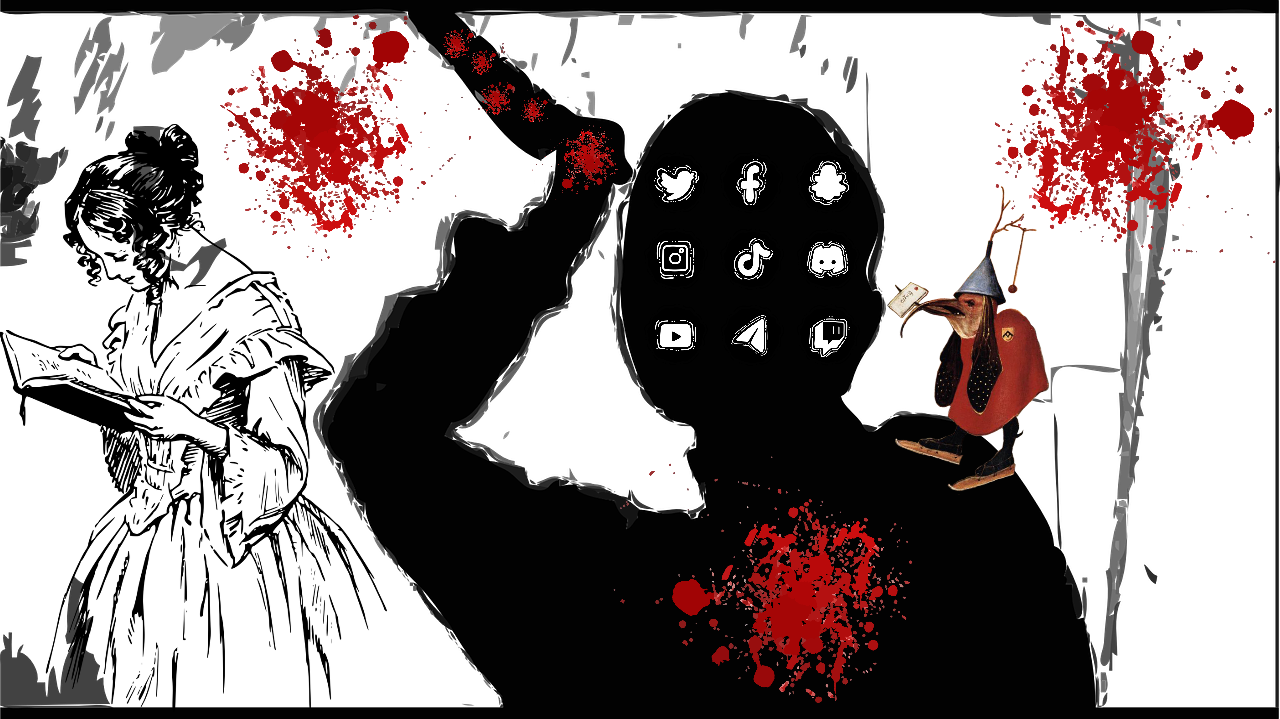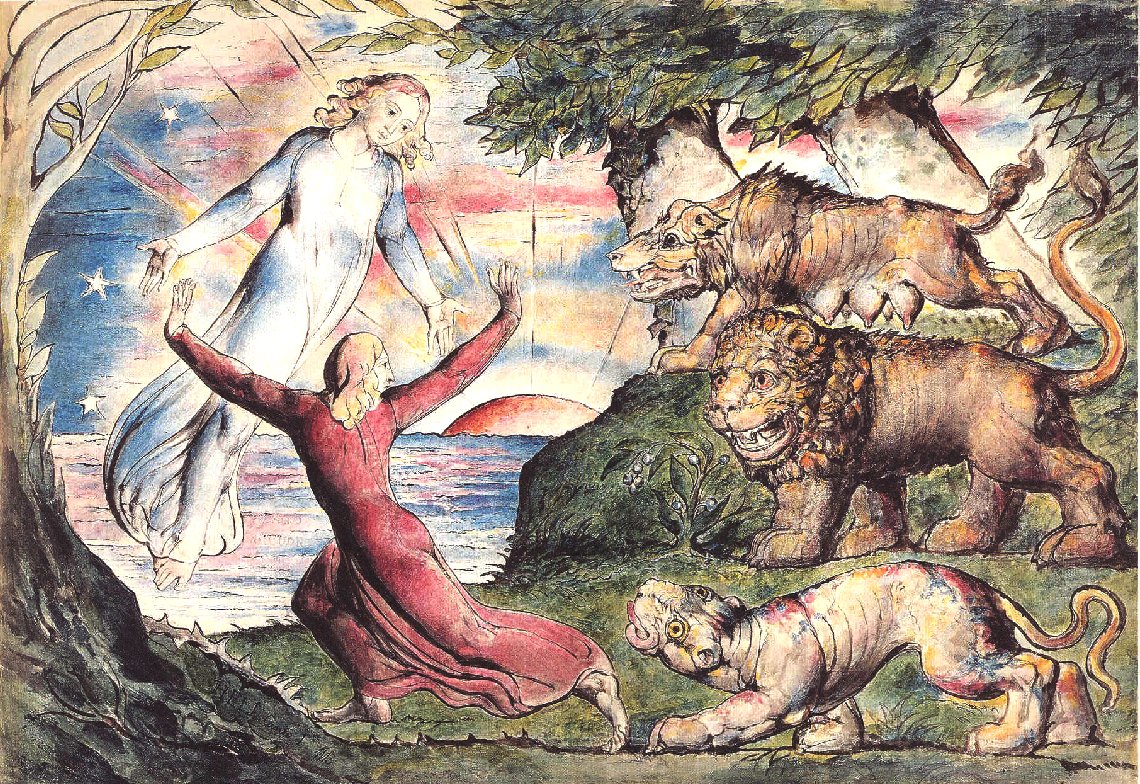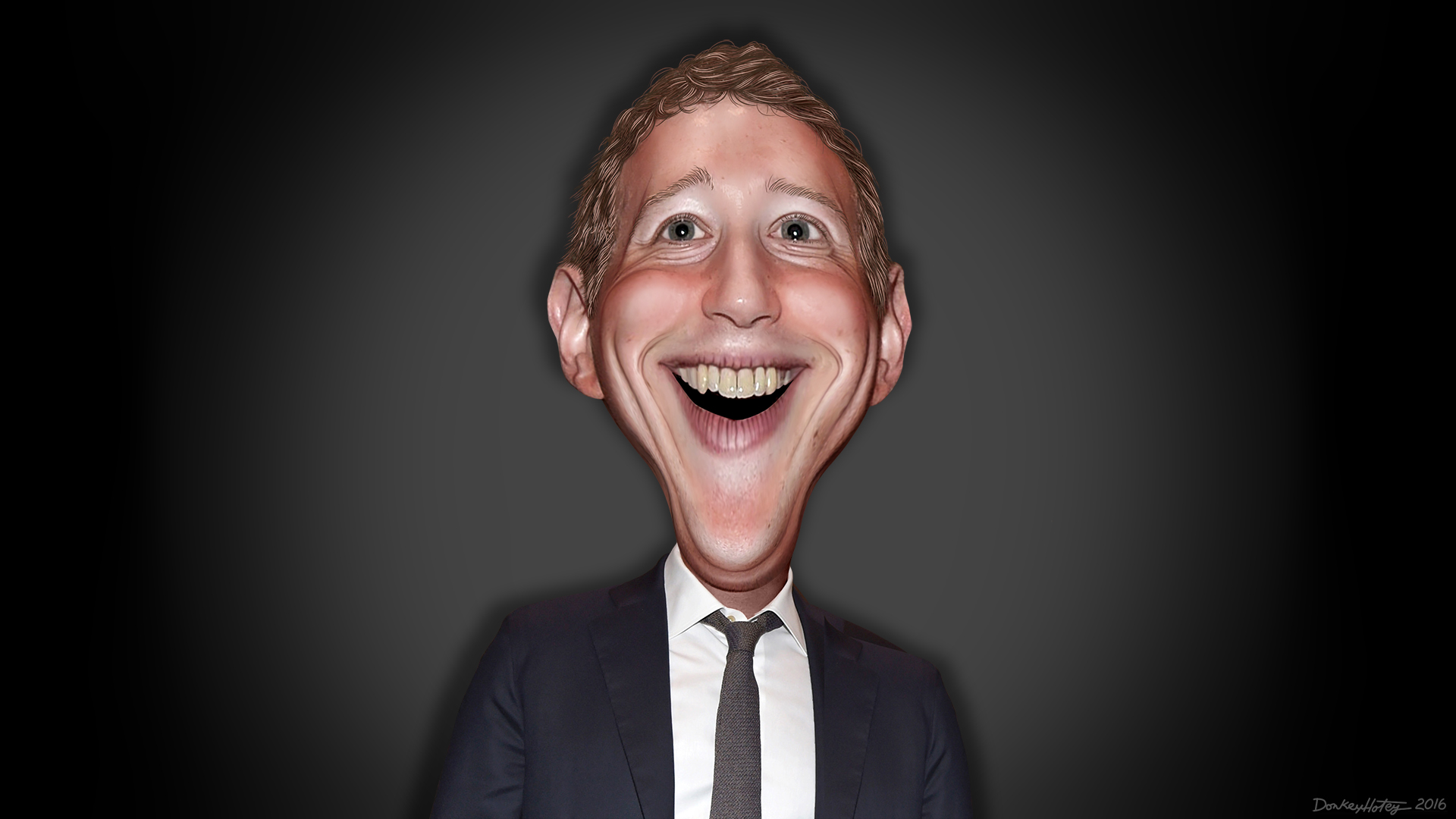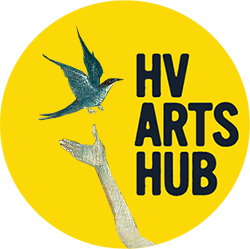This Halloween, we’re offering a different kind of reissue. Enjoy this real-life true crime horror story that’s unfolding in real time!
We say it all the time. Story is everything. We encourage people to tell their stories, from children just learning to talk to elders counting down the number of words they have left. Those same children learn morals from stories—be kind to others, tell the truth, find true love—and perhaps learn to question some of those messages through more complicated stories as they get older. Storytelling inspires us to act against injustice. It helps us empathize with others. It connects us to worlds of the past, present, future, and beyond. Stories have been around for thousands of years, perhaps even as long as humans have been able to communicate. Yet the art of storytelling is now an endangered species. And we know the identity of the killer.
So how is social media kill storytelling? Simply, the rise of unending streams of algorithm-driven content has eroded the core concepts of story. Okay, that’s not exactly simple. Plot, character, and catharsis have given way to promotion, branding, and metrics. The end goal of all content now is not to enlighten or entertain but to sell. And sell what, exactly? A product, a company, a brand. Or even ourselves. If you’re still not convinced, ask yourself about the last time you had an authentic emotional connection to anything on your feed. Maybe the better question is why we’re letting it happen.
Perhaps it would be easiest to just blame Instagram—we have before! Any obituary for storytelling could start with Instagram Stories. Are these actual stories or just moments? Has any Instagram Story ever had a true narrative arc? The classic story structure unfolds in five phases: exposition, rising action, climax, falling action, and resolution. The average length of an Instagram reel? 15 seconds. Beyond structuralist qualms, there’s a moral element. Should we be conflating self-promotion and branding exercises with actual storytelling in the first place? Sadly, though, it’s not all Mark Zuckerberg’s fault.
We’re not really here to trace the origins of the epidemic. However, a good patient zero would be YouTube. Maybe it’s no accident the platform popularized the term viral video. Once upon a time, Howard Hawks said all a movie needed was three great scenes and no bad ones. With the rise of algorithm-driven video, we’re lucky if we get three decent seconds. If we don’t, well, here’s another piece of content you might like. There’s barely room for conflict, climax, and resolution, let alone any depth or development or room to think. We’ve eviscerated the entire concept of nuance.
From a very practical sense, it makes sense that social media would become our dominant mode of storytelling. The promise of instantaneous delivery to a massive audience across the world is too tempting. Perhaps this is why we don’t pause to consider who the new gatekeepers are and what motivates them to create the arbitrary sets of standards and censorship in place. Why does Twitter limit the number of characters? Why don’t TikTok and Instagram allow you to post longer videos? And that’s before we try to peek inside the black box of algorithmic promotion that more or less decides who gets to see what.
Maybe the best way to solve the problem is through stories. To be fair, some social media platforms have tried to engage in more thoughtful content. Over a decade ago, YouTube tried to create original channels to curate and promote new storytellers. It failed. Similarly, if you signed up for Quibi, then you can tell us why it’s no longer around. It’s revealing that some of our greatest cinematic storytellers from the past two generations–Paul Thomas Anderson, Quentin Tarantino, Wes Anderson, Steven Spielberg, Martin Scorsese–haven’t made a film set in the age of social media. Ironically, the fictionalized version of Mark Zuckerberg’s rise to fame is also one of the last universally praised examples of great storytelling. And hey, you can watch the trailer on YouTube!
Image Credit
Images by Gerd Altmann from Pixabay and William Blake




SAY HELLO!